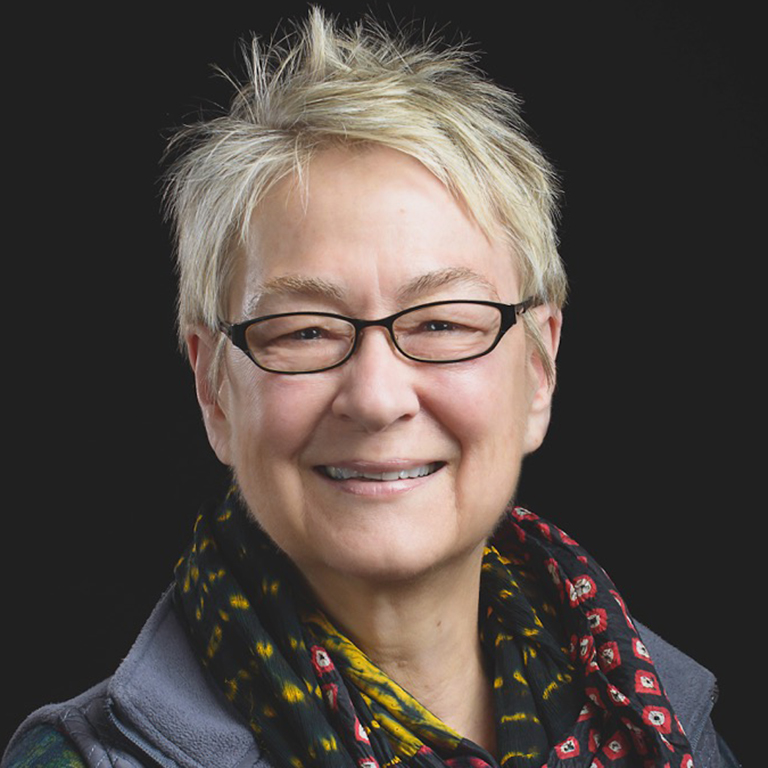“Ellen Ketterson is one of the world’s leading experts in animal behavior,” said Greg Demas, chair of the Department of Biology. “Groundbreaking studies from her laboratory have transformed our understanding of both the evolutionary and mechanistic bases of behavior.”
During early studies, Ketterson focused on differential migration. Differential migration is a pattern of movement in which females migrate farther than males. The hypotheses she formed from her research to explain the pattern became the basis for decades of research by others.
In subsequent years, Ketterson coined the term "phenotypic engineering" for her experimental approach to the evolution of life histories through which she had manipulated levels of the hormone testosterone in free-living animals and compared the animals' behavior, physiology, and fitness to controls. Ketterson found that males with experimentally elevated testosterone exhibited greater mating success than controls; however, the success came with the cost of greater mortality. Her research provided a mechanistic understanding of the fitness consequences of altering how animals allocate time and energy to competing demands. Further research addressed variation in testosterone-activated gene expression in target tissues in relation to phenotypic plasticity and rapid evolution, with the ongoing goal of understanding how natural selection acts on mechanisms to give rise to adaptation.
More recently, Ketterson has turned her attention back to animal migrations as well as addressing limits to adaptive capacity and the role of seasonal timing in the generation and loss of biodiversity. In discussing her current research, Ketterson noted that she is committed to research that will help prepare us to be resilient in the face of oncoming environmental change—a goal that correlates with her position as director of the new Environmental Resilience Institute and its team of researchers. The ERI, awarded $55 million through the IU Grand Challenges initiative, works in partnership with government, nonprofit organizations, and businesses in preparing for effects of changing climate on Hoosier ecosystems, health, and economy.
Ketterson was honored to receive this prestigious award but was quick to point out that "awards for careers don’t happen unless lots of people contribute.”
Ketterson is a Fellow of the American Academy of Arts and Sciences and the American Association for the Advancement of Science.

 The College of Arts
The College of Arts